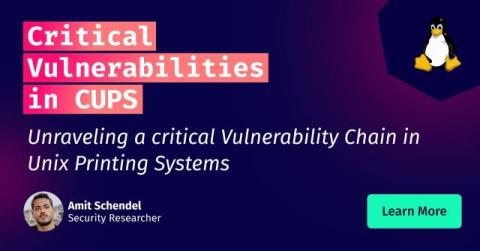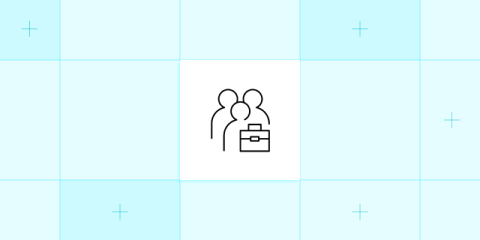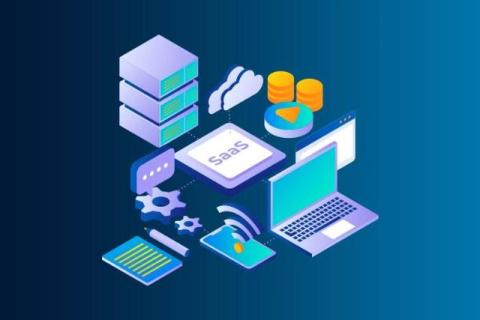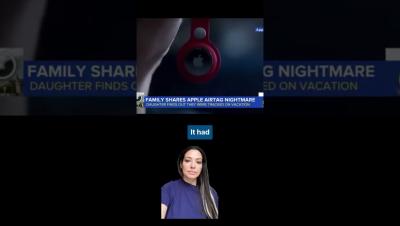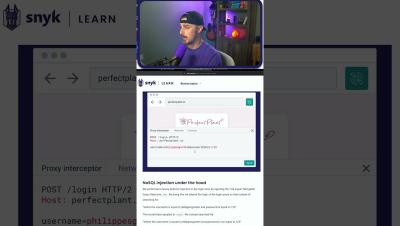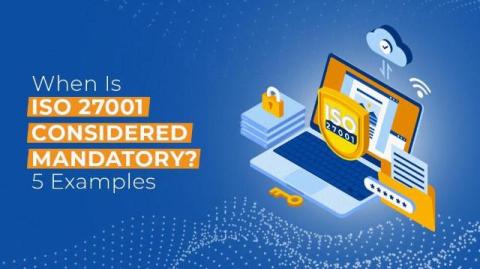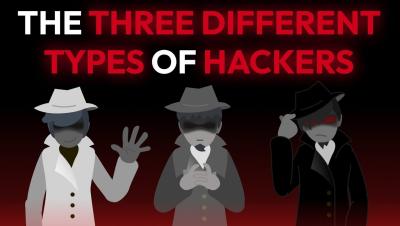CUPS: Unraveling a Critical Vulnerability Chain in Unix Printing Systems
A series of critical vulnerabilities has been uncovered in the Common Unix Printing System (CUPS), specifically in the cups-browsed component and related libraries. This vulnerability chain allows remote, unauthenticated attackers to potentially execute arbitrary code with root privileges on affected systems. The discovery highlights significant security risks in a widely-used open-source component and raises crucial questions about legacy system support and security in modern IT environments.


